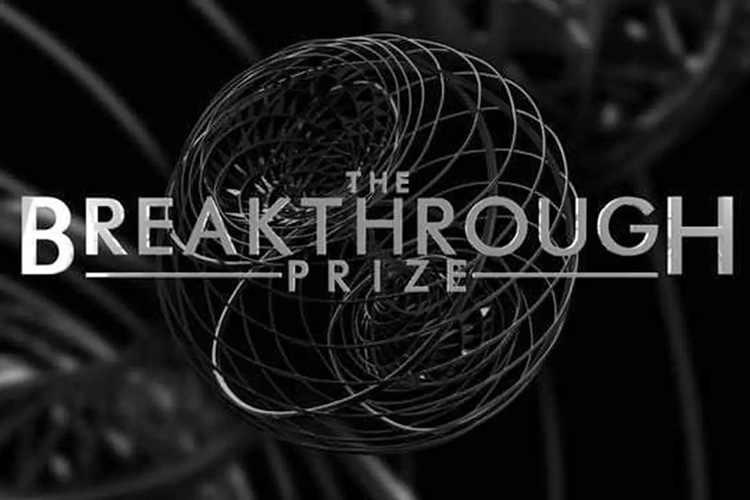Live streaming of today’s Breakthrough Prize Symposium
Hear some of the world's science luminaries addressing cutting-edge challenges in physics, math and the life sciences

November 2, 2018
Livestream the first session of the Breakthrough Prize Symposium, which takes place Nov. 5 in Pauley Ballroom in the Martin Luther King Jr Student Union.
Members of the public can livestream talks by some of the world’s top science luminaries on Monday, Nov. 5, as they address challenging questions at the frontiers of physics, the life sciences and mathematics at the annual Breakthrough Prize Symposium.
Hosted this year by UC Berkeley, the symposium, which starts at 10:15 a.m., consists of a day of talks by new and past winners of the Breakthrough Prize in physics, the life sciences and mathematics. The new winners were feted last night during a gala at NASA Ames Research Center in Mountain View.
Today’s topics include cutting-edge questions in fields ranging from cancer and genome editing to new materials and time travel.
Among the speakers are Jocelyn Bell Burnell, one of the discoverers of pulsars and recipient of the 2018 Special Breakthrough Prize in Fundamental Physics, who will talk about enigmatic cosmic radio bursts; and Jennifer Doudna, the UC Berkeley inventor of CRISPR-Cas9, who will talk about the future of genome editing.
The presentations will be streamed live via YouTube (see program for URLs) and Facebook Live.
Other speakers are 2019 Breakthrough Prize winners:
- Frank Bennett, Adrian Krainer, Angelika Amon, Xiaowei Zhuang and Zhijian “James” Chen, recipients of four separate life sciences awards;
- Charles Kane and Eugene Mele, recipients of the fundamental physics award;
- Vincent Lafforgue, recipient of the mathematics award.
Xiaowei Zhuang, who received her Ph.D. in physics from UC Berkeley in 1996 and is now at Harvard University, will talk about imaging the invisible in living organisms using super-resolution microscopy.
These talks will be followed, between 5:30 and 7 p.m., by three panel discussions focused on issues raised by the late physicist Stephen Hawking in his final book, Brief Answers to the Big Questions. Hawking, a major supporter of the Breakthrough Prizes, examined some of the urgent challenges and exciting opportunities facing humanity and the role of science in addressing them. The topics of these 30-minute discussions are:
- Is there (intelligent) life in the universe?
- What are the limits of science?
- Is time travel possible?
The Breakthrough Prizes are sponsored by Sergey Brin, Priscilla Chan and Mark Zuckerberg, Ma Huateng, Yuri and Julia Milner and Anne Wojcicki. Selection committees composed of previous Breakthrough Prize laureates in each field choose the winners. Information on the Breakthrough Prizes is available at breakthroughprize.org.
See the Breakthrough Prize website for more detail about this year’s winners and the Nov. 4 gala.